Join getAbstract to access the summary!
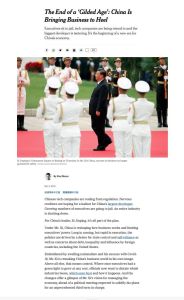
Join getAbstract to access the summary!
Paul Mozur
The End of a ‘Gilded Age’
China Is Bringing Business to Heel
The New York Times, 2021
What's inside?
China is changing its approach to economic development, and the crackdowns have only just begun.
Recommendation
Since the 1970s, China has emphasized economic growth above all else. Now President Xi Jinping is shifting gears to implement his vision of a “common prosperity” and national self-sufficiency, with control firmly in the hands of government officials. Crackdowns on entrepreneurs and private companies have begun, and businesses are scrambling to interpret the signals Beijing is sending about what changes may come next. Journalist Paul Mozur offers a solid overview of their impacts on China’s private sector and on the global economy.
Summary
About the Author
Paul Mozur is a New York Times Asia technology and geopolitics correspondent.











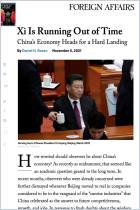
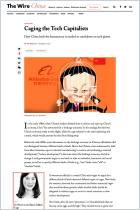
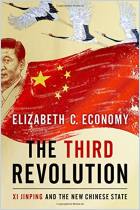


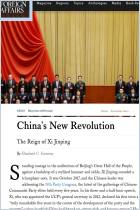







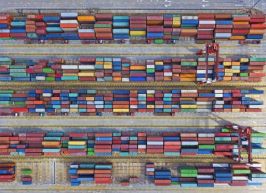
Comment on this summary